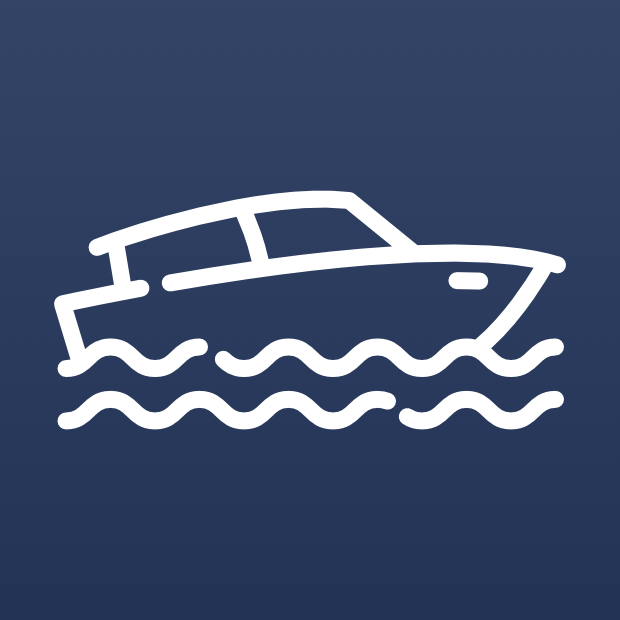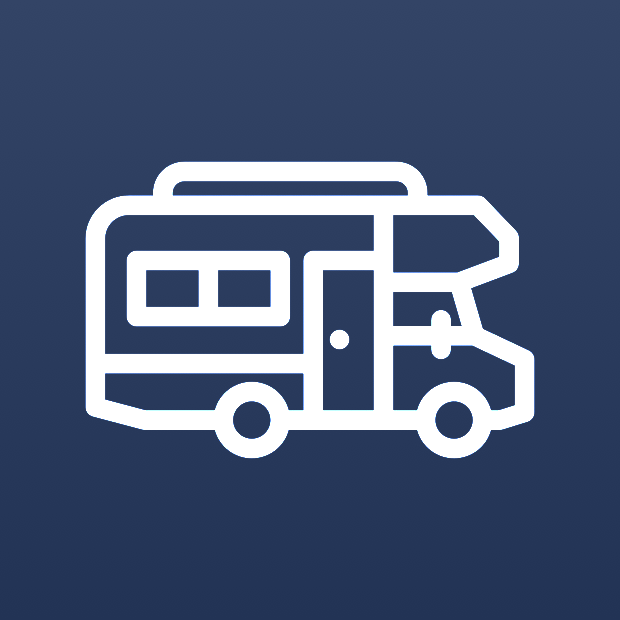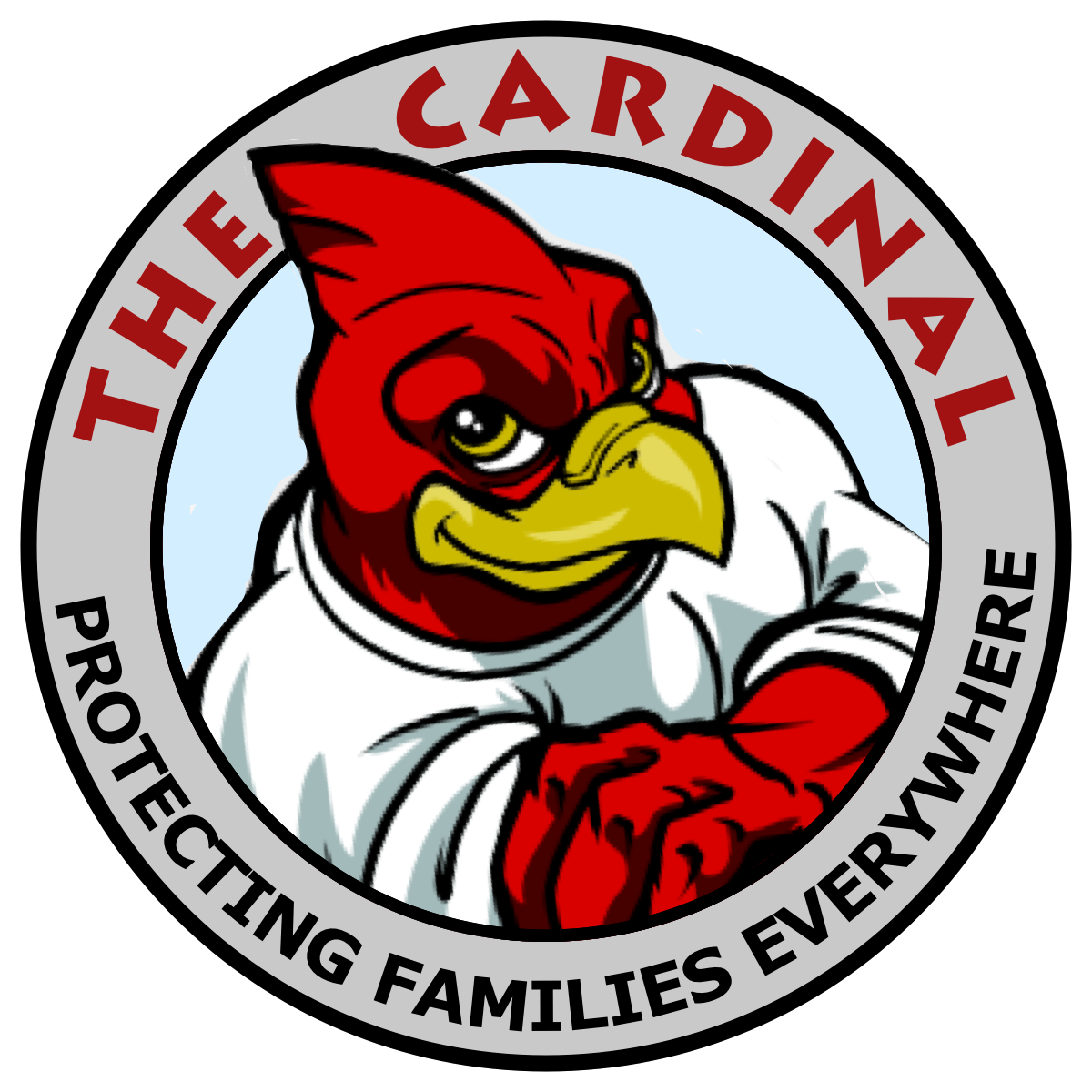Call Us Today: 1-800-TheCardinal
Personal Insurance
Homeowners | Auto | Flood | Earthquake | Renters | Mobile Home | Boat | RV
Personal Insurance
Homeowners | Auto | Flood | Earthquake | Renters | Mobile Home | Boat | RV

Homeowners
Because everyone's needs are not the same, it is best to consult your agent to help assess your needs and find the insurance policy that is right for you.
What is Homeowners insurance?
Homeowners insurance provides financial protection against disasters. A standard policy insures the home itself and the things you keep in it.
Homeowners insurance is a package policy. This means that it covers both damage to your property and your liability or legal responsibility for any injuries and property damage you or members of your family cause to other people. This includes damage caused by household pets.
Damage caused by most disasters is covered but there are exceptions. The most significant are damage caused by floods, earthquakes and poor maintenance. You must buy two separate policies for flood and earthquake coverage. Maintenance-related problems are the homeowners' responsibility.
Why do you need homeowners insurance?
It is really all about protecting yourself financially if something unexpected happens to your home or possessions. That's important because chances are your home is likely one of your largest investments.
If your home was destroyed by fire or damaged by a natural disaster, you'd need money to repair or replace it.
If a guest in your home is injured, liability protection and medical coverage help pay expenses.
If you are a victim of theft and vandalism, it can reimburse you for your loss or pay for repairs.
If you are still paying for your home, your lender will require insurance.
It is important to know that homeowners insurance is meant to cover unexpected damage, not routine maintenance. Ask your agent to talk about what is covered and be sure to read your policy so you know exactly what's included and what is not.
Things to consider and questions to ask your agent
Here are few things to discuss with your agent that will influence your decisions.
How much will it cost to rebuild my house and replace my belongings if they are damaged or destroyed? (Ask your agent to talk you through your home's features and the things you own so you can make an informed decision about coverage.)
Does the insurance company have a good reputation for customer service? Is it known for paying claims fairly and promptly?
What discounts are available? (Ask about multiple policy, security system and fire resistance discounts.)
What's the process for filing and settling a claim? (Ask who to call and what happens after you file a claim.)

Auto
Auto insurance protects you against financial loss if you have an accident. It is a contract between you and the insurance company. You agree to pay the premium and the insurance company agrees to pay your losses as defined in your policy.
Automobile insurance provides property, liability and medical coverage:
Property coverage pays for damage to or theft of your car.
Liability coverage pays for your legal responsibility to others for bodily injury or property damage.
Medical coverage pays for the cost of treating injuries, rehabilitation and sometimes lost wages and funeral expenses.
An automobile insurance policy is comprised of six different kinds of coverage. Most states require you to buy some, but not all, of these coverages. If you're financing a car, your lender may also have requirements.
Most auto policies are for six months or a year. Your insurance company should notify you by mail when it's time to renew the policy and to pay your premium.
Why do you need auto insurance?
It's really all about protecting yourself financially.
If you're in an accident or your car is stolen, it costs money, often a lot of money, to fix or replace it.
If you or any passengers are injured in an accident, medical costs can be extremely expensive.
If you or your car is responsible for damage or injury to others, you may be sued for much more than you're worth.
Not only is having insurance a prudent financial decision, many states require you to have at least some coverage.
Questions to ask your agent
Your Independent Agent is an advocate for finding auto insurance that meets your specific needs. Here are a few things to consider as you prepare for the discussion:
How much can you afford to pay if you get in an accident? (To keep premiums low you may want to have a higher deductible and be willing to pay more for repairs.)
What is the insurance company's level of service and ability to pay claims?
What discounts are available? (Ask about good driver, multiple policy and student discounts.)
What's the procedure for filing and settling a claim? (Ask who to call and what happens after you file a claim.)

Flood Insurance
Flood insurance is a type of home insurance that protects your house and belongings in the event it’s damaged by a flood. Typically, standard home and renters insurance policies do not cover flood damage, so you’ll need to buy separate coverage.
An area’s flood risk is determined by the Federal Emergency Management Agency (FEMA). During the home buying process, you can ask your real estate agent if any homes are in a high-risk flood zone and if homeowners typically have flood insurance coverage. When you purchase your new home, your mortgage lender will also inform you if you’re required to purchase flood insurance. It’s not always required, however, there are reasons why you may want to purchase flood insurance even if you are not living in a high-risk area.
Buying flood insurance is something that all homeowners should think about - especially if they want to be prepared for any unforeseen circumstances. According to the National Flood Insurance Program (NFIP), more than 20% of all insurance claims were outside of areas with a high risk of flooding.
While you may never need flood insurance coverage, it can pay off in the event of an unexpected natural disaster. If your home floods just one inch, the damage can cost you as much as $25,000. So, whether you live in a high or low-risk flood zone, consider purchasing flood insurance for peace of mind.

Earthquake Insurance
A basic homeowners insurance policy does not cover damage caused by earthquakes, though it will cover fire damage that occurs as a result of one. Otherwise, to actually cover your home and belongings from the direct effects of a quake, you’ll need a separate earthquake insurance policy.
With earthquake insurance, your home, personal belongings, and additional living expenses (if you can’t live in your home after a quake) are all covered in the event of an earthquake.

Renters
Renters insurance covers your possessions against losses from fire or smoke, lightning, vandalism, theft, explosion, windstorm, and water damage from plumbing.
However, renters insurance does not cover floods, earthquakes or routine wear and tear. You can, however, buy separate policies for flood and earthquake damage.
If you are forced out of your home because of a disaster your additional living expenses will be covered.
Renters insurance pays the reasonable additional costs of temporarily living away from your home if you can't live in it due to a fire, severe storm or other insured disaster. It covers hotel bills, temporary rentals, restaurant meals and other living expenses incurred while your home is being rebuilt. Coverage for additional living expenses differs from company to company.
Renters insurance also covers your responsibility to other people injured at your home or elsewhere by you, a family member or your pet and pays legal defense costs if you are taken to court.
Decide How Much Insurance You Need.
Add up the cost of everything you would want to replace if it were damaged or stolen. This could also serve as the basis for an inventory that will make filing a claim easier. For an inventory, also record model numbers, dates and places of purchase. Take photographs or make a video of these items and place a copy of the inventory in safe place away form your home.
If you rent an apartment or house you need insurance to protect your belongings. While your landlord might have insurance, it only protects the building. Your belongings are not covered under those policies.

Mobile Home
As with any structure called home, mobile homes can and should be insured to protect your finances from various risks. Purchasing a mobile home is an investment that would not be easy to replace if a disaster hit. The right mobile home insurance policy offers protection for your home, possessions and finances.
What are the benefits of mobile home insurance?
Like homeowners insurance, mobile home insurance offers a variety of coverages. Some of the most common coverages include the following:
Dwelling: Covers the physical structure of your mobile home from a variety of disasters such as fire and theft.
Contents: Covers your furniture, kitchen appliances, clothing, electronics and other belongings. You may need extended coverage for valuables like jewelry and antiques.
Liability: Covers you if an accident on your property causes injury or property damage. This includes medical and legal expenses.
Trip collision: Covers your mobile home while it is in transit.

Boatowners
You'll enjoy the water even more when you're not worried about the safety of yourself, your passengers or your investment. Here are a few things to consider:
If you're in an accident or your watercraft is stolen, it costs money, often a lot of money, to fix or replace it.
If you or any passengers are injured in an accident, medical costs can be extremely expensive.
If your watercraft is responsible for damage or injury to others, you may be sued for much more than you're worth.
Your watercraft also needs protection when it's on land. Accidents can happen while towing a watercraft.
Things to consider and questions to ask your agent
Here are a few things to consider as you prepare for the discussion:
How much can you afford to pay if your boat or personal watercraft is in an accident, damaged or stolen?
Is my boat or watercraft covered for use year-round?
What discounts and programs are available?
How much medical insurance and liability coverage is enough?
Do I have coverage if I need to have my boat towed in an emergency?
What's the process for filing and settling a claim?
Does the insurance company have a good reputation for customer service? Is it known for paying claims fairly and promptly?
Home and auto insurance policies may provide limited coverage for personal watercraft. Talk to your insurance representative about coverage limits. You may want to consider purchasing a personal watercraft policy to protect yourself and your water vehicle in the event of an accident.
The personal watercraft policy covers:
bodily injury
property damage
guest passenger liability
medical payments
theft

Recreational Vehicle
You'll enjoy the water even more when you're not worried about the safety of yourself, your passengers or your investment. Here are a few things to consider:
If you're in an accident or your RV is stolen, it costs money, often a lot of money, to fix or replace it.
If you or any passengers are injured in an accident, medical costs can be extremely expensive.
If your RV is responsible for damage or injury to others, you may be sued for much more than you're worth.
Your RV also needs protection when it's on land. Accidents can happen while towing a RV.
Things to consider and questions to ask your agent
Here are a few things to consider as you prepare for the discussion:
How much can you afford to pay if your RV or recreational vehicle is in an accident, damaged or stolen?
Is my RV covered for use year-round?
What discounts and programs are available?
How much medical insurance and liability coverage is enough?
Do I have coverage if I need to have my RV towed in an emergency?
What's the process for filing and settling a claim?
Does the insurance company have a good reputation for customer service? Is it known for paying claims fairly and promptly?
Home and auto insurance policies may provide limited coverage for recreational vehicle. Talk to your insurance representative about coverage limits. You may want to consider purchasing a recreational vehicle policy to protect yourself and your water vehicle in the event of an accident.
The recreational vehicle policy covers:
bodily injury
property damage
guest passenger liability
medical payments
theft

